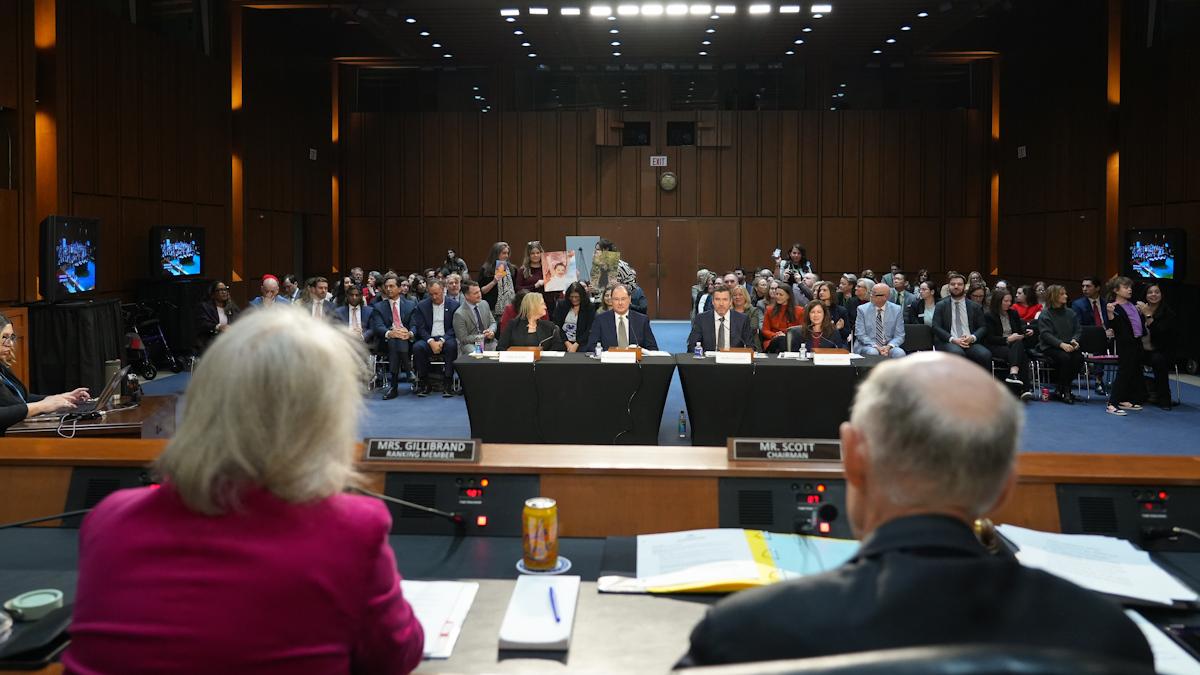Spark's groundbreaking gene therapy on cusp of US approval

Spark Therapeutics’ Luxturna is on the cusp of becoming the first gene therapy approved in the US, after getting backing from an influential committee of expert advisers.
The FDA’s Cellular, Tissue and Gene Therapies Advisory Committee (CTGTAC) met yesterday to discuss whether Luxturna (voretigene neparvovec) should be licensed for patients with a rare inherited condition causing blindness.
The 16-strong CTGTAC unanimously voted in favour of approval for Luxturna, for patients with vision loss due to confirmed biallelic RPE-mediated inherited retinal disease (IRD).
Luxturna is a single injection of a genetically engineered virus expressing the retinal pigment protein that is deficient in people with the condition. The groundbreaking drug works by delivering 150 billion viral vector particles containing a correct copy of the RP65 gene to retinal cells, restoring the patient's ability to make the missing enzyme
The FDA is now likely to agree with its expert panel, and may well make a ruling ahead of its own 12 January deadline for a decision.
The product was granted a faster six-month Priority Review for badly-needed medicines, instead of the standard 10-month assessment period.
Spark filed Luxturna with the European Medicines Agency in August, meaning a decision in Europe is likely late next year.
The company convinced the experts from the committee with the first completed randomised, controlled phase 3 clinical trial ever conducted for a genetic disease.
It involved an unusual method of testing for improvement in vision, as those taking part were asked to navigate an obstacle course in increasingly dark conditions.
The so-called multi-luminance mobility test (MLMT) is a novel outcome measure and has not been used as an efficacy endpoint in any other clinical studies.
Principal Investigator Albert M. Maguire, professor of ophthalmology at the Scheie Eye Institute at the University of Pennsylvania’s Perelman School of Medicine, said: “There currently are no pharmacologic treatment options for people living with RPE65-mediated IRD, who in most cases progress to complete blindness.”
“As a practising physician who often speaks with patients and families living with IRDs, these conversations have been, up to now, frustrating in that there has been nothing to offer.”
“[The] advisory committee vote is an important step closer to the day that discussion can include potentially treating the blindness caused by their IRD.”
Spark's CEO Jeffrey Marrazzo is yet to reveal the cost of the treatment, but has indicated the price of drugs ultra-rare conditions were a benchmark, suggesting a likely range of $300,000 - $600,000.
However unlike those treatments, Luxturna needs to be given only once. Analysts forecast the drug could generate sales of around $400 million a year by 2021.
The company also has another promising gene therapy treatment in its pipeline - haemophilia A candidate SPK-8011, a field where Alnylam and BioMarin are also developing rival candidates.













